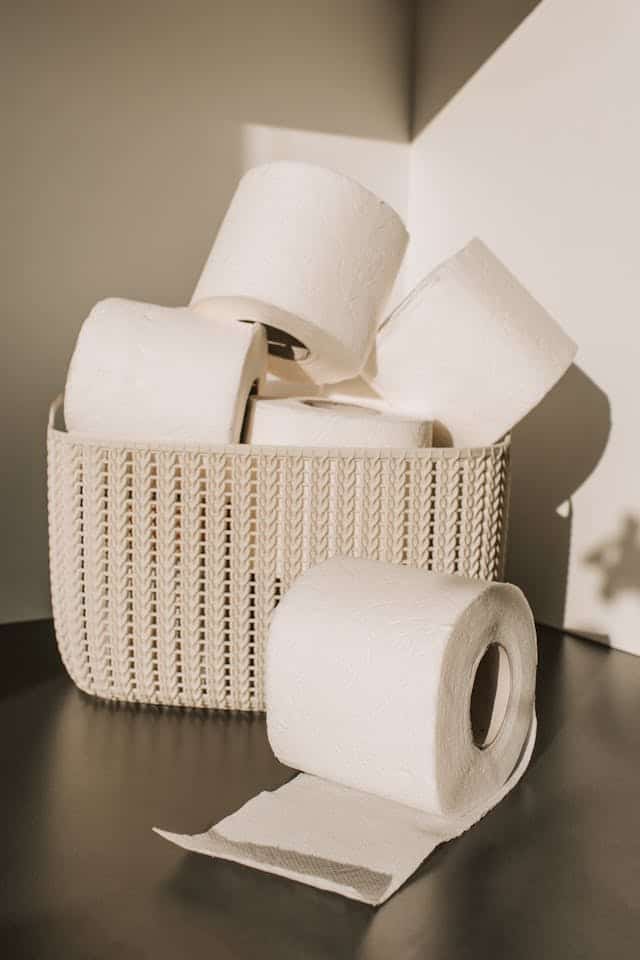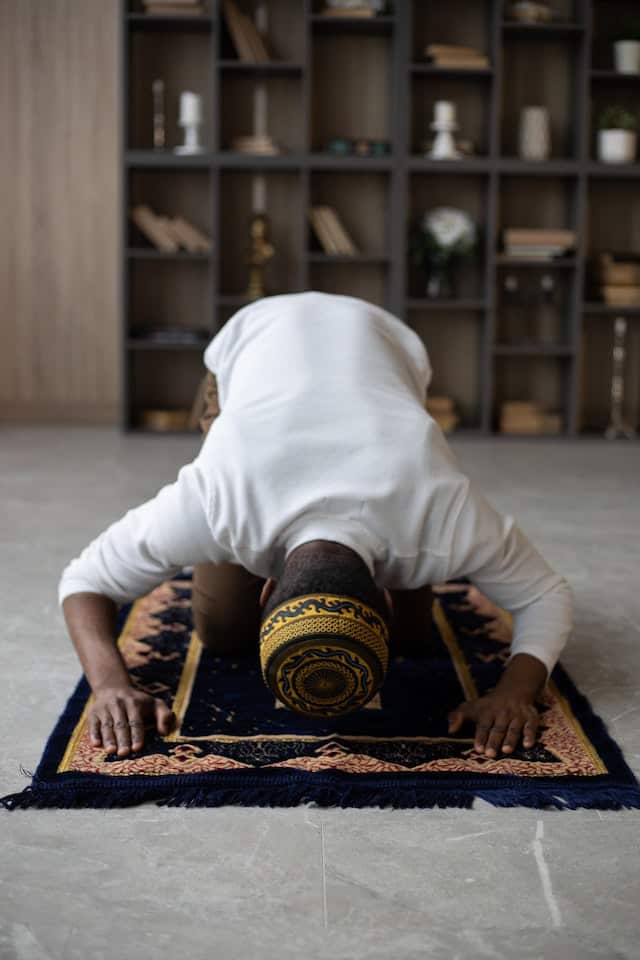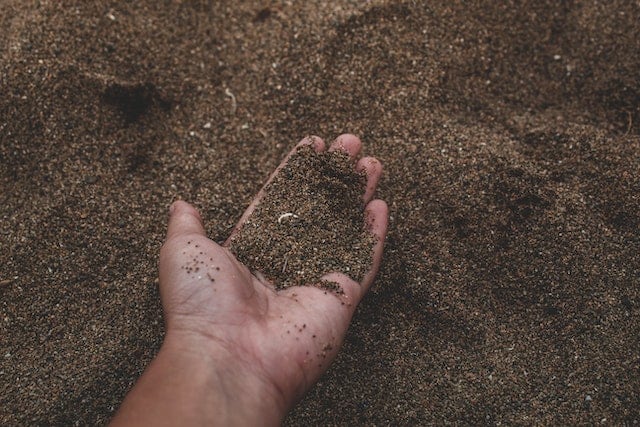How can I dispose of riba?
Both receiving and paying interest (riba) are a major sin, as riba is strictly prohibited in Islam and Allah has declared war against those who deal with riba. Ask your bank not to deposit interest in your account. However, if this is not possible, take out the interest and give it in charity to a…













